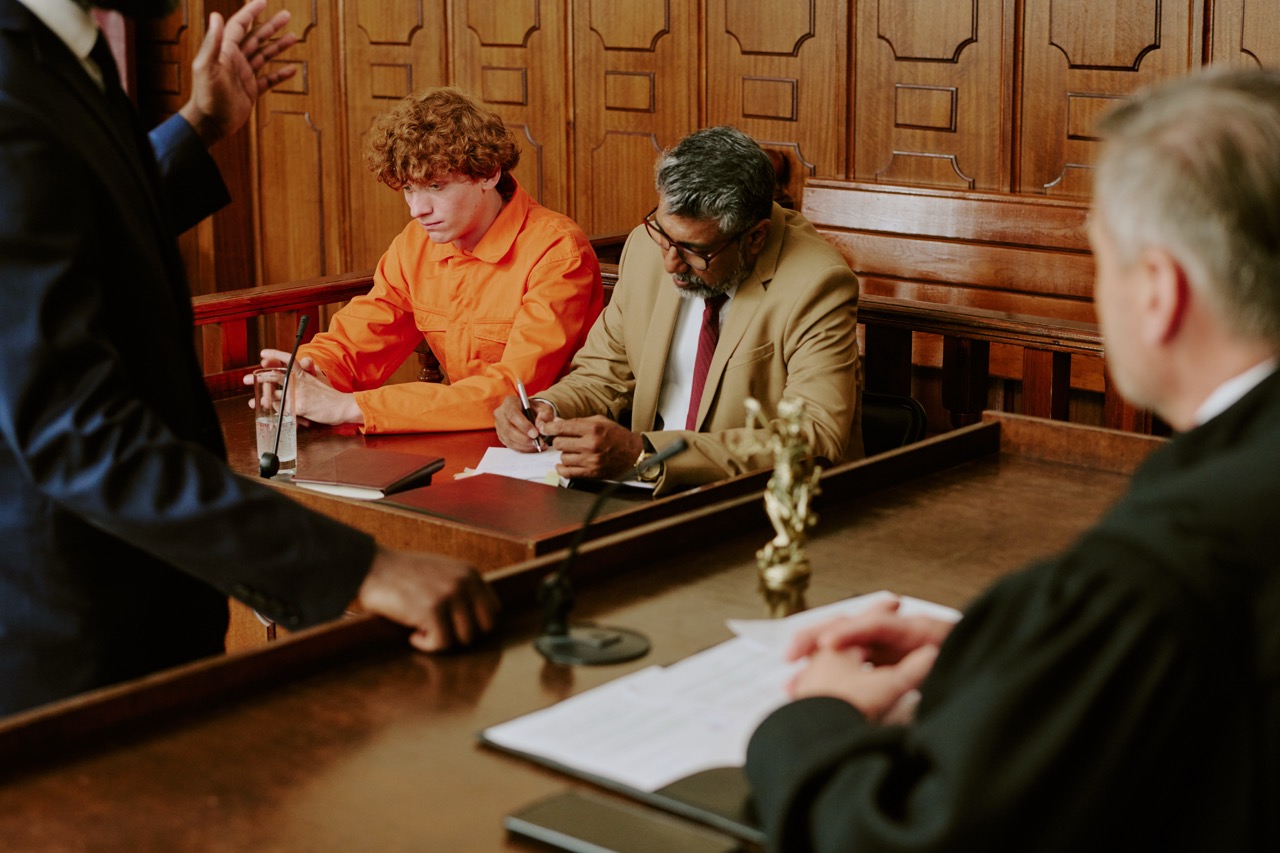Television shows and films frequently feature people involved in the criminal justice system. For this reason, people in Pennsylvania tend to have a fairly good idea of some of the general practices of the criminal justice system. Of course, the entertainment industry does not always “get it right” when it comes to the mechanics and mechanisms of the criminal justice system.
The juvenile court system is not featured nearly as often on television shows and in films as is the adult criminal court system. Therefore, people in Pennsylvania tend to understand less about how the juvenile justice system than its adult counterpart.
Adjudicated But Not “Guilty”
Technically speaking, when a juvenile is brought into the court system because of his or her conduct that allegedly violated the law, that individual is can never be found “guilty” of a crime. Rather, the juvenile is found to have committed the crime for which he or she is charged is “adjudicated” to be a juvenile offender.
Rehabilitation Not Punishment
The primary goal of the juvenile justice system is rehabilitating the offending minor child, not to punish that individual. There is always an essence of punishment when a person is placed in a locked facility or when a person facing restrictions. However, punishment of the minor child is neither the technically stated focus of the juvenile justice system or its practical result.
Serious Crimes and the Juvenile Justice System
Serious crimes are adjudicated in the juvenile justice system in Pennsylvania. For example, a 15 year old Pennsylvania boy was arrested in connection with the sexual assault of a five year old girl that he also beat and left for dead. Fortunately, the girl survived. Because of the offender’s age, the presumption is that he would be adjudicated in the criminal justice system. With that said, it is also possible for an older juvenile offender to have a case transferred to “adult court,” depending on the nature of the crime, the age of the offender and related factors.
Legal Representation
There are attorneys who have significant experience representing clients in the criminal justice system. These lawyers will schedule an initial consultation with a prospective client, and his or her parent or guardian, to discuss the case and possible resolutions.






